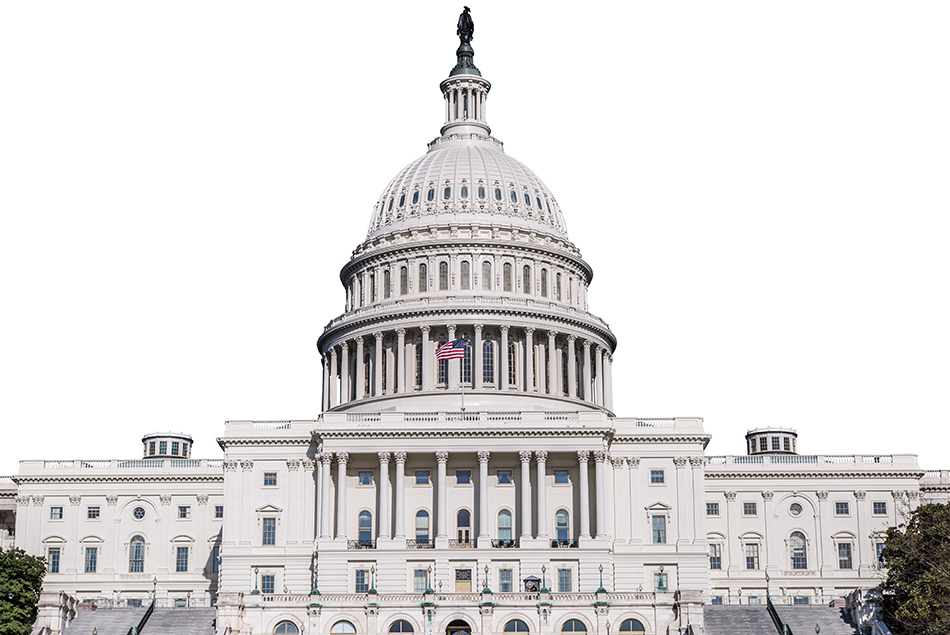Senate Republicans Release Guide to Section 230 Reform Law
Comes in advance of next week's hearing with Big Tech CEOs

The smarter way to stay on top of the multichannel video marketplace. Sign up below.
You are now subscribed
Your newsletter sign-up was successful
Top Senate Commerce Committee Republicans have put out a handy guide to understanding Section 230 reform ahead of a hearing Oct. 28 with the CEOs of Facebook, Google and Twitter and with the goal of determining whether the section has outlived its usefulness.
Section 230 is the law that gives edge providers immunity from civil liability over most of the third-party content posted on their platforms.
The guide was tied specifically to legislation introduced earlier this month, the Online Freedom and Viewpoint Diversity Act, by Senate Commerce Committee Chairman Roger Wicker (R-Miss.), Sen. Lindsey Graham (R-S.C.) and Sen. Marsha Blackburn (R-Ten.).
Related: Hill Ponders Taking Tougher Stance on Tech
That bill will be among the topics of conversation with Facebook CEO Mark Zuckerberg, Google CEO Sundar Pichai and Twitter CEO Jack Dorsey.
The bill would:
1. "Clarify when Section 230’s liability protections apply to instances where online platforms choose to restrict access to certain types of content;
The smarter way to stay on top of the multichannel video marketplace. Sign up below.
2. "Condition the content moderation liability shield on an objective reasonableness standard. In order to be protected from liability, a tech company may only restrict access to content on its platform where it has “an objectively reasonable belief” that the content falls within a certain, specified category;
3. "Remove “otherwise objectionable” and replace it with concrete terms, including “promoting terrorism,” content that is determined to be “unlawful,” and content that promotes “self-harm.”
4. "Clarify that the definition of “information content provider” includes instances in which a person or entity editorializes or affirmatively and substantively modifies the content created or developed by another person or entity but does not include mere changes to format, layout, or basic appearance of such content."
Contributing editor John Eggerton has been an editor and/or writer on media regulation, legislation and policy for over four decades, including covering the FCC, FTC, Congress, the major media trade associations, and the federal courts. In addition to Multichannel News and Broadcasting + Cable, his work has appeared in Radio World, TV Technology, TV Fax, This Week in Consumer Electronics, Variety and the Encyclopedia Britannica.

